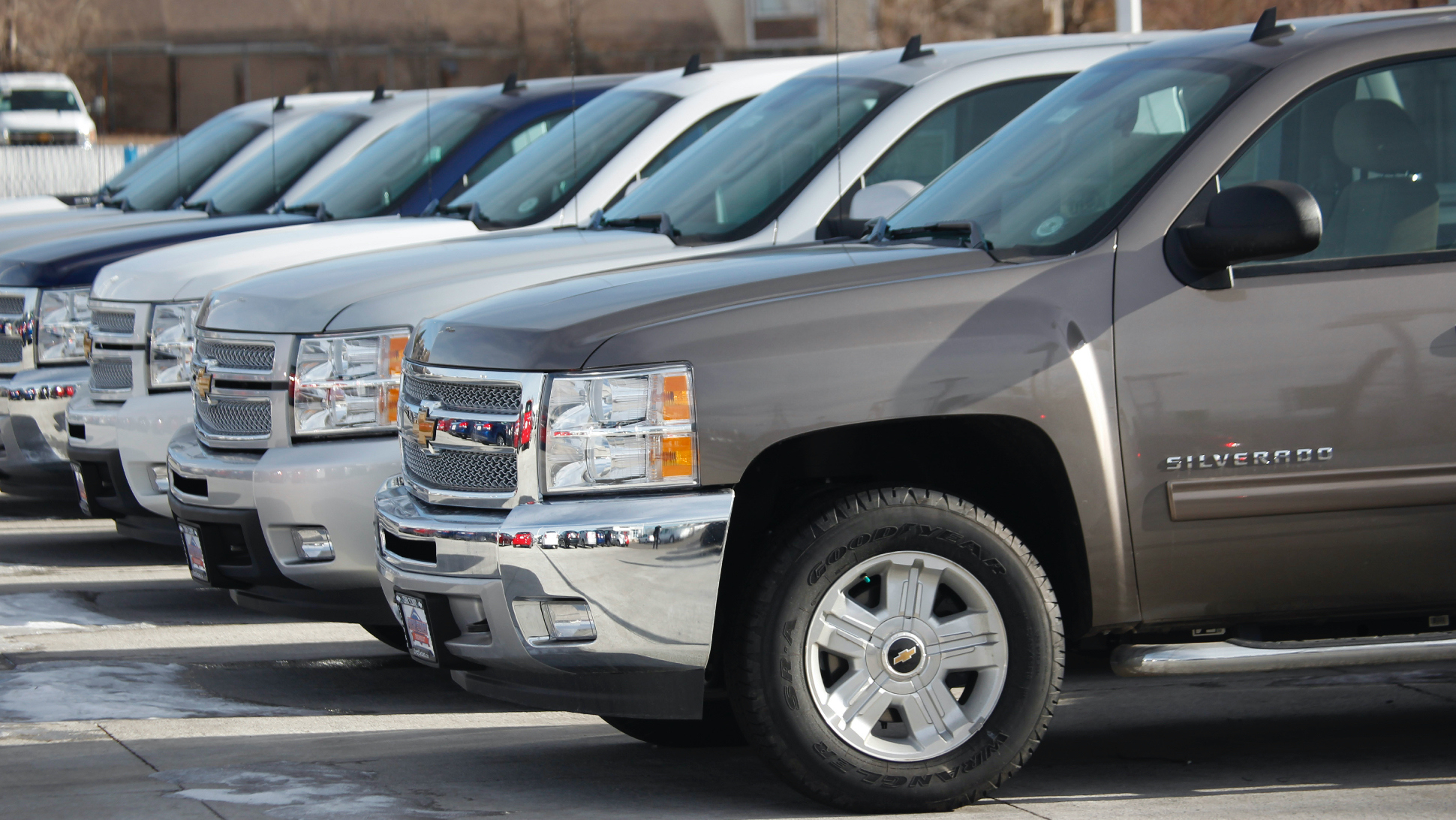

The National Highway Traffic Safety Administration announced Monday that General Motors must recall and repair 5.9 million trucks and SUVs that were equipped with potentially deadly Takata airbag inflators in the U.S., plus another 1.1 million similar models with the airbags worldwide, reports CNN. The fix will cost the company an estimated $1.2 billion, which equals a third of its net annual income.
Takata’s faulty airbags triggered the largest automotive safety recall in history as the inflators can explode with excessive force and send deadly shrapnel into the passenger compartment. To date, these Takata airbag inflators have killed 27 people worldwide, including 18 in the United States—which is precisely why the NHTSA wants them off the road. Some 100 million inflators have already been recalled worldwide, per NBC.
General Motors has been fighting to avoid this recall since 2016, arguing that Takata’s airbags haven’t been an issue in their trucks, NBC reports. They petitioned the NHTSA four times to avoid the recall accordingly, to no avail. It took the NHTSA—not to mention GM truck owners who claimed that GM was being flippant with their safety in the name of profit—over four years to finally get the decision through.
GM has 30 days to give the NHTSA a proposed schedule for notifying owners of the recalled vehicles and replacing those inflators. Because the airbag recall drove Takata into bankruptcy, GM has to foot the bill themselves.
If you own one of these trucks, get it fixed as soon as possible. These Takata airbag inflators used ammonium nitrate to set off the explosion that fills an airbag with air. However, that ammonium nitrate can deteriorate with heat and humidity, which causes the inflator’s metal canister to explode with too much force, causing the inflator itself to break apart into potentially deadly shrapnel.
“Based on this information and information provided to the petition’s public docket, NHTSA concluded that the GM inflators in question are at risk of the same type of explosion after long-term exposure to high heat and humidity as other recalled Takata inflators,” read an NHTSA statement quoted by NBC.
In its 2019 petition to avoid the recall, GM tried claiming that the inflators were safe given that 67,000 had already deployed without one incident of flying shrapnel, NBC reports. They tried arguing a special case given that these inflators were built to GM’s specifications. The company said that they even went so far as to having Northrup Grumman test 4,720 inflators in high-humidity and high-temperature cycles, which resulted in no unusual deployments.
The NHTSA didn’t buy it, however, claiming that their final decision today was based on field data, aging tests, and statistical and engineering analyses. As a result of these findings, the NHTSA said that they will mandate the recall of every Takata airbag filled with ammonium nitrate in the United States, NBC reports. In early 2020, they exempted those that were installed with a desiccant that absorbs humidity, however, the agency is monitoring those airbags to determine whether the desiccant was enough.
GM released a statement saying that they still doesn’t agree with the NHTSA’s findings, but will go through with the recall as ordered. “The safety and trust of those who drive our vehicles is at the forefront of everything we do at General Motors,” read the statement, as quoted by NBC.
This new recall will include many of GM’s best-selling models produced between 2007 and 2014, per CNN: the Chevrolet Silverado, Chevrolet Suburban, Chevrolet Tahoe, Chevrolet Avalanche, Cadillac Escalade, GMC Sierra and GMC Yukon.
If you have another car that may have been included in prior recalls, you can check to see if your car has an outstanding recall here. Only three-fourths of the 800,000 GM vehicles recalled earlier have been fixed so far, reports CNN. Recalls are done at no cost to the owner and can save your life, so we can’t reiterate this enough: Get those airbags fixed as soon as you can.
Got a tip? Send us a note: tips@thedrive.com